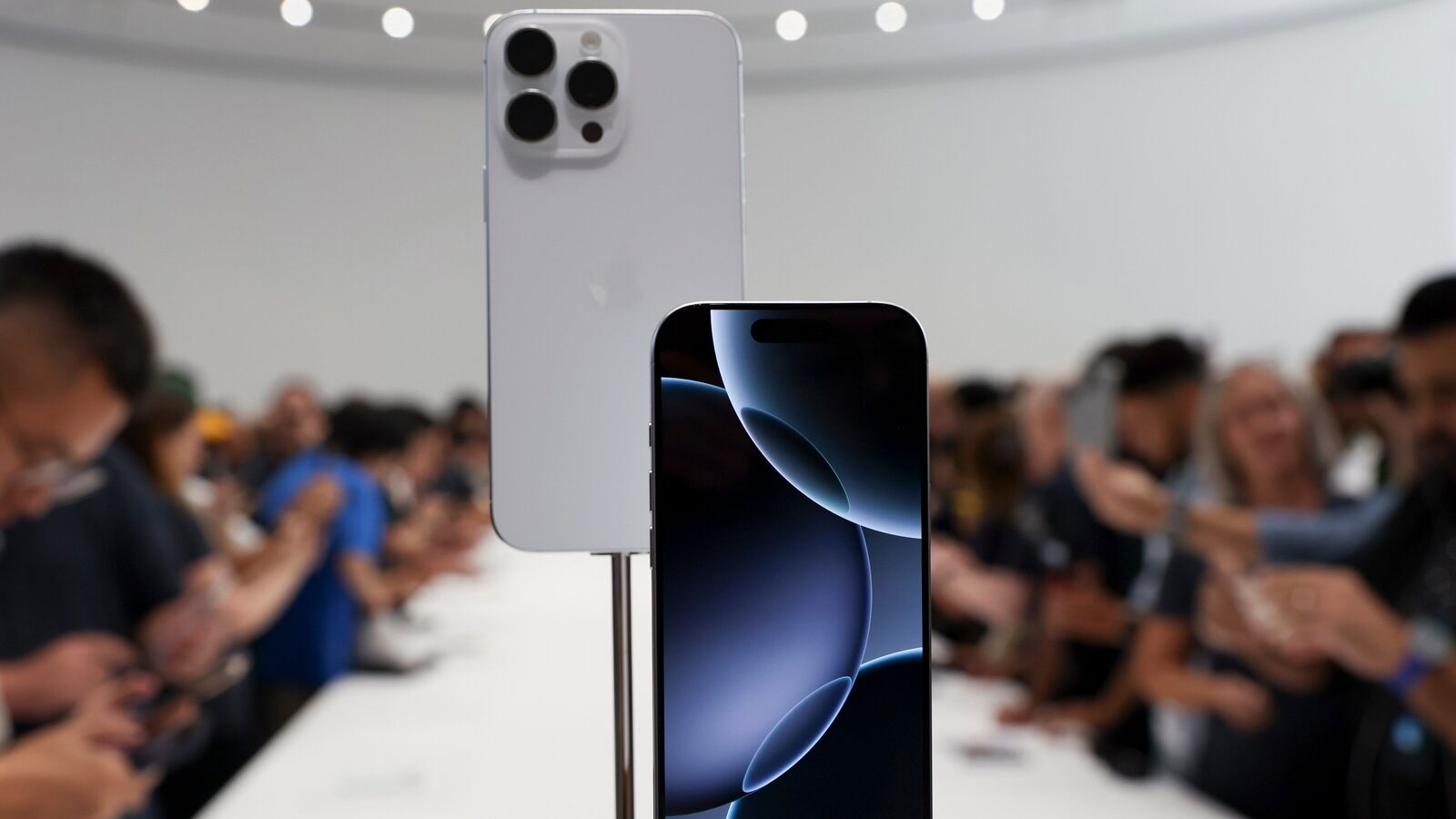On Monday, Apple boss Tim Cook unveiled the company’s latest line of iPhones, which he called the “first iPhones designed for AI from the ground up.” While this isn’t the first smartphone with native AI features, Apple’s history of impacting and shaping the consumption of technologies may make this a pivotal moment for generative AI for the masses.
Why is the iPhone 16 so special?
In June, Apple showed off generative AI for its phones. At the time, it restricted the feature’s rollout to only its high-end iPhones, the “Pro” ones. On September 9, Apple rolled out its AI features to its entire new iPhone lineup, which is significant because Apple is one of the largest consumer technology companies in the world.
Last year, IDC estimated that Apple sold more than 234 million iPhones worldwide, of which nearly 10 million were sold in India. Globally, its active user base is estimated to be over 1.3 billion people, or nearly 16% of the world’s population. This scale means that Apple has a huge impact on the perception of any technology.
How does it relate to Apple’s past?
In 2001, Apple launched its iPod music player and iTunes digital music platform, which proved pivotal in the history of the global music industry and created the world of online music streaming as we know it today.
A similar moment occurred in 2007, when late founder Steve Jobs introduced his iPhone with a touchscreen interface. The device created the modern smartphone industry, annihilating former market leaders Nokia and BlackBerry over the course of a decade. The company’s approach to design is very similar across industries, giving it the pedigree to also bring Generative AI in the general fold.
Aren’t there other AI phones already?
Yes. Google has already launched two successive generations of AI-powered Pixel phones since last year. Samsung, one of the world’s largest electronics conglomerates, has also launched three lines of AI-powered smartphones since January this year. Others, such as China’s BBK Electronics, which sells brands like OnePlus, Vivo and Oppo, are also on the hunt for AI in smartphones.
Market experts believe that natively integrated AI features will be part of most new smartphones by the end of 2025.
So why is AI dependent on Apple’s success?
Apple’s scale and influence in global consumer markets tip the balance in its favour. Generative AI, while generating enormous global buzz, has yet to become mainstream among users and businesses. With nearly one in seven people in the world said to use an Apple product, the iPhone maker is offering a ready-made platform for the world to get used to AI.
Read also: Apple Intelligence is coming soon to iPhone, iPad, and Mac. But there’s a problem
Semantic and behavioral experts say the iPhone could help AI get used to using devices on a regular basis. This could take AI from a buzzword to a mainstream technology that we depend on.
Is it fair to compare music to AI?
Yes, but the biggest counterargument is that while music and touchscreen phones were essential, generative AI (at least in its current form) is assistive at best.
Experts argue that most generative features are superfluous, so it’s not fair to compare them to something as ubiquitous as music. However, on the other hand, the evolution of consumer habits is largely based on convenience, and the rise of the fast-paced commerce industry in India is an ideal example. Moreover, we are still in the early stages of generative AI. In the long term, and with the constant rise of voice interfaces, it may become essential in more ways than one.
Read also: MacBook Air vs iPad Air: How to choose the right work machine
Disclaimer:
The information contained in this post is for general information purposes only. We make no representations or warranties of any kind, express or implied, about the completeness, accuracy, reliability, suitability or availability with respect to the website or the information, products, services, or related graphics contained on the post for any purpose.
We respect the intellectual property rights of content creators. If you are the owner of any material featured on our website and have concerns about its use, please contact us. We are committed to addressing any copyright issues promptly and will remove any material within 2 days of receiving a request from the rightful owner.

